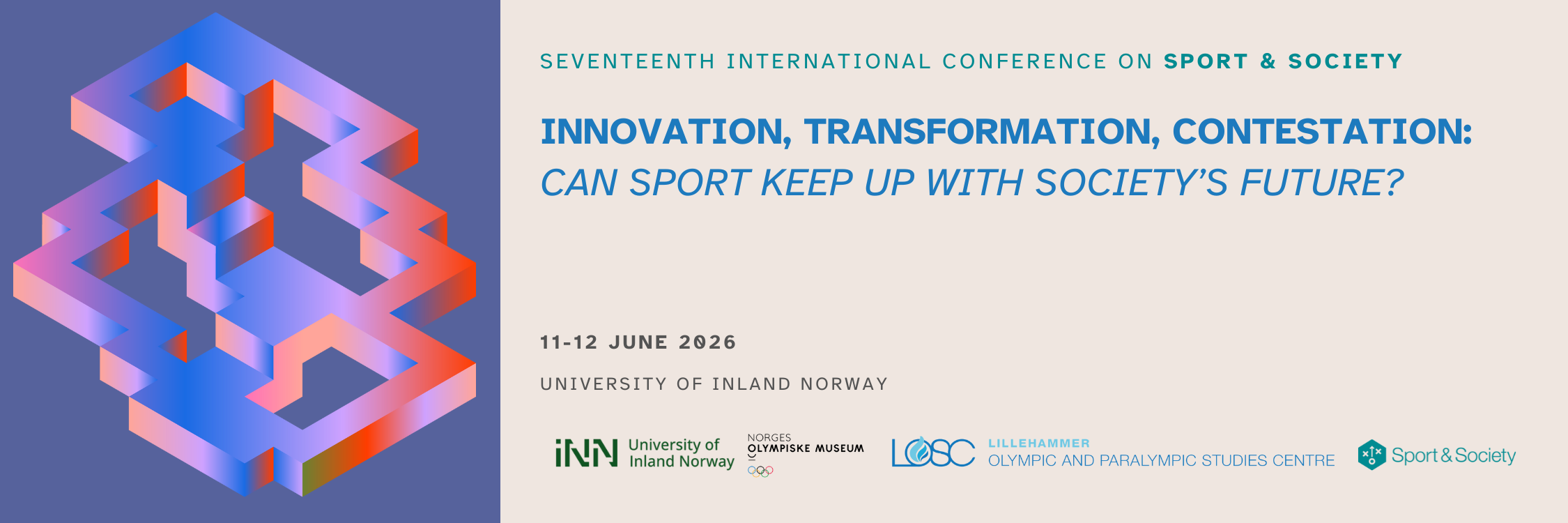Abstract
On 22 June 1969, on Portugal’s biggest sporting stage - the National Stadium - Sport Lisboa e Benfica faced Académica de Coimbra in what was expected to be a tense match. In April of that year, Coimbra had declared a student mourning, the students were on the streets demanding an end to the Colonial War, the repression inside and outside the faculties, and they were mobilising en masse. We review how in order to publicise their struggle, following the news that Académica de Coimbra had qualified for the Portuguese Cup Final to be held in the capital, students from the University of Coimbra organised themselves to attend the match. Fearful of the students’ movements and their possible visibility in the eyes of the country, the Portuguese government banned the Final from being broadcast on television. During the 90 minutes, pamphlets calling for an end to the Colonial War and the regime of António de Oliveira Salazar circulated, banners demanding free universities, but the students were not alone. Sport Lisboa e Benfica fans joined the protests in the stands, in an action that profoundly marked the history of the Portuguese Cup and national sport, and which also resulted in several arrests by the police. At the end of the match, which began with a minute’s silence observed by players from both clubs, respecting the mourning defined in Coimbra, there was a joint celebration in solidarity with the students’ struggle, which was never broadcast on national television.
Presenters
Carolina OliveiraStudent, PhD, Institute of Social Sciences of the University of Lisbon, Portugal
Details
Presentation Type
Paper Presentation in a Themed Session
Theme
Sporting Cultures and Identities
KEYWORDS
POLITICAL TENSIONS, SPORT LISBOA E BENFICA, SUPPORTERS, ESTADO NOVO, PROTESTS

